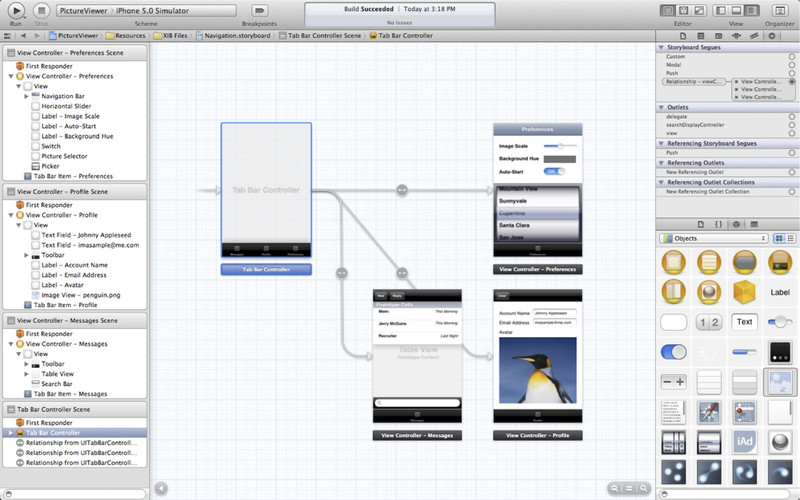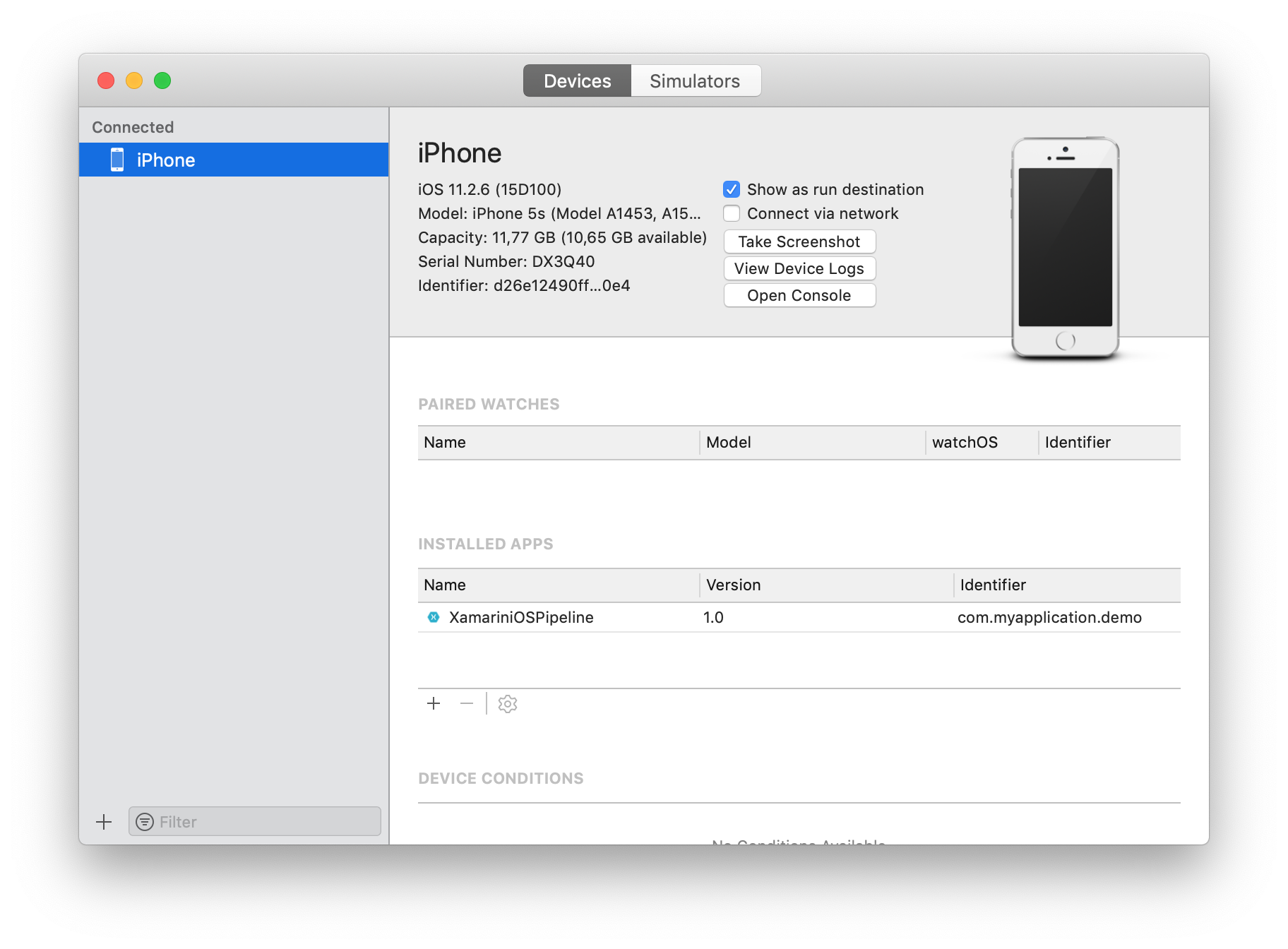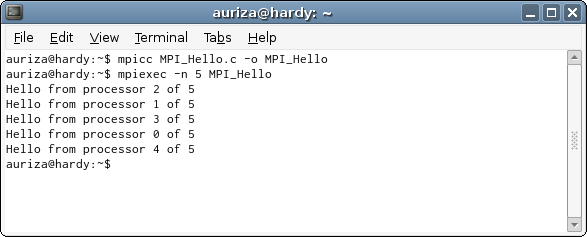

- #Openmpi mac install xcode how to#
- #Openmpi mac install xcode update#
- #Openmpi mac install xcode full#
- #Openmpi mac install xcode software#
Notice that Homebrew shows up in the information. There is NO warranty not evenįor MERCHANTABILITY or FITNESS FOR A PARTICULAR PURPOSE.
#Openmpi mac install xcode software#
This is free software see the source for copying conditions. It should look something like this:Ĭopyright (C) 2017 Free Software Foundation, Inc. Double-check that you have the right one by checking its version. Look for the version of g++ without an “mp” (from MacPorts) in its name. In your terminal window, type g++, and then hit tab twice to see a list.

Lastly, you need to get the exact name of your compiler. The whole process should only take five or ten minutes. This will download whatever dependencies are needed, generally already pre-compiled. In 2017, this looks like download and install gcc: You should see a list of packages, including gcc7. Open a terminal window (see above), and search for gcc, version 7.x or above Let the script run, and answer “y” whenever asked. It should only take a few minutes to complete. Choose the “install” option to avoid the huge 4+ GB Xcode download. Open a terminal window (Open Launchpad, then “Other”, then “Terminal”), and run:Ī window should pop up asking you to either get Xcode or install. Main steps: 1) Install the XCode Command Line Tools As of August 2, 2017, this will download Version 7.1.0.
#Openmpi mac install xcode full#
It incorporates new information that Xcode command line tools can be installed without the full 4.41 GB download / installation of Xcode.
#Openmpi mac install xcode update#
Note 3: This is an update over the previous version. This tutorial uses Homebrew to dramatically speed up the process! On my 2012 Macbook Air, this step took 16 hours. Because MacPorts builds gcc (and all its dependencies!) from source, it takes a very, very long time.

#Openmpi mac install xcode how to#
Note 2: In this post, we showed how to set up gcc using the popular MacPorts package manager. Alas, this will not support OpenMP for parallelization.

Note 1: OSX / Xcode appears to have gcc out of the box (you can type “gcc” in a Terminal window), but this really just maps back onto Apple’s build of clang. Of course, you can use other compilers and more sophisticated integrated desktop environments, but these instructions will get you a good baseline system with support for 64-bit binaries and OpenMP parallelization. The entire toolchain is free and open source. In the end result, you’ll have a compiler and key makefile capabilities. These instructions were tested with OSX 10.11 (El Capitan) and 10.12 (Sierra), but they should work on any reasonably recent version of OSX. These instructions should get you up and running with a minimal environment for compiling 64-bit C++ projects with OpenMP (e.g., BioFVM and PhysiCell) using gcc. Windows users should use this guide instead. Note: This is part of a series of “how-to” blog posts to help new users and developers of BioFVM and PhysiCell. Posted in BioFVM, gcc, Homebrew, Mac, OpenMP, OSX, PhysiCell, Xcode - Janu3 Comments


 0 kommentar(er)
0 kommentar(er)
